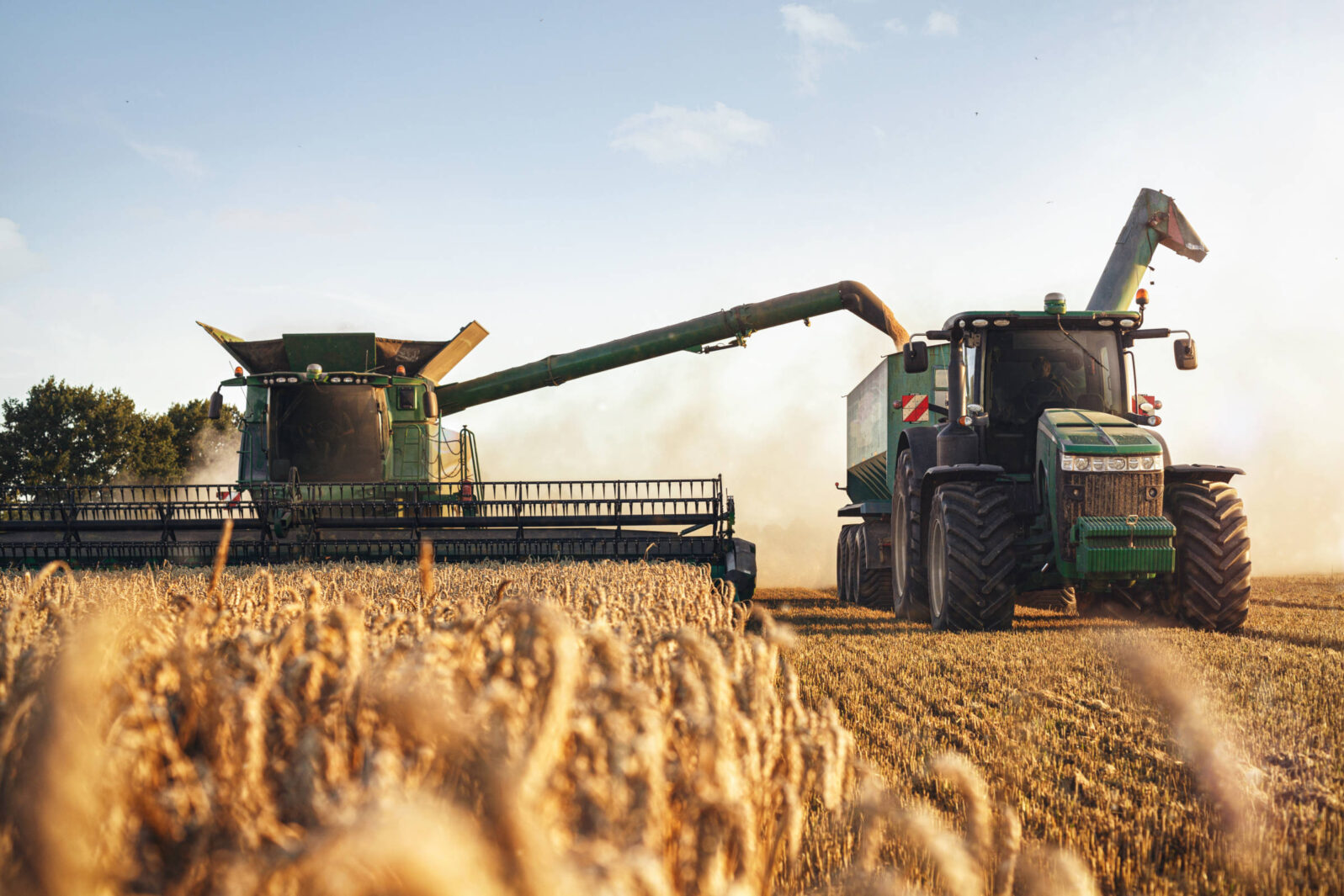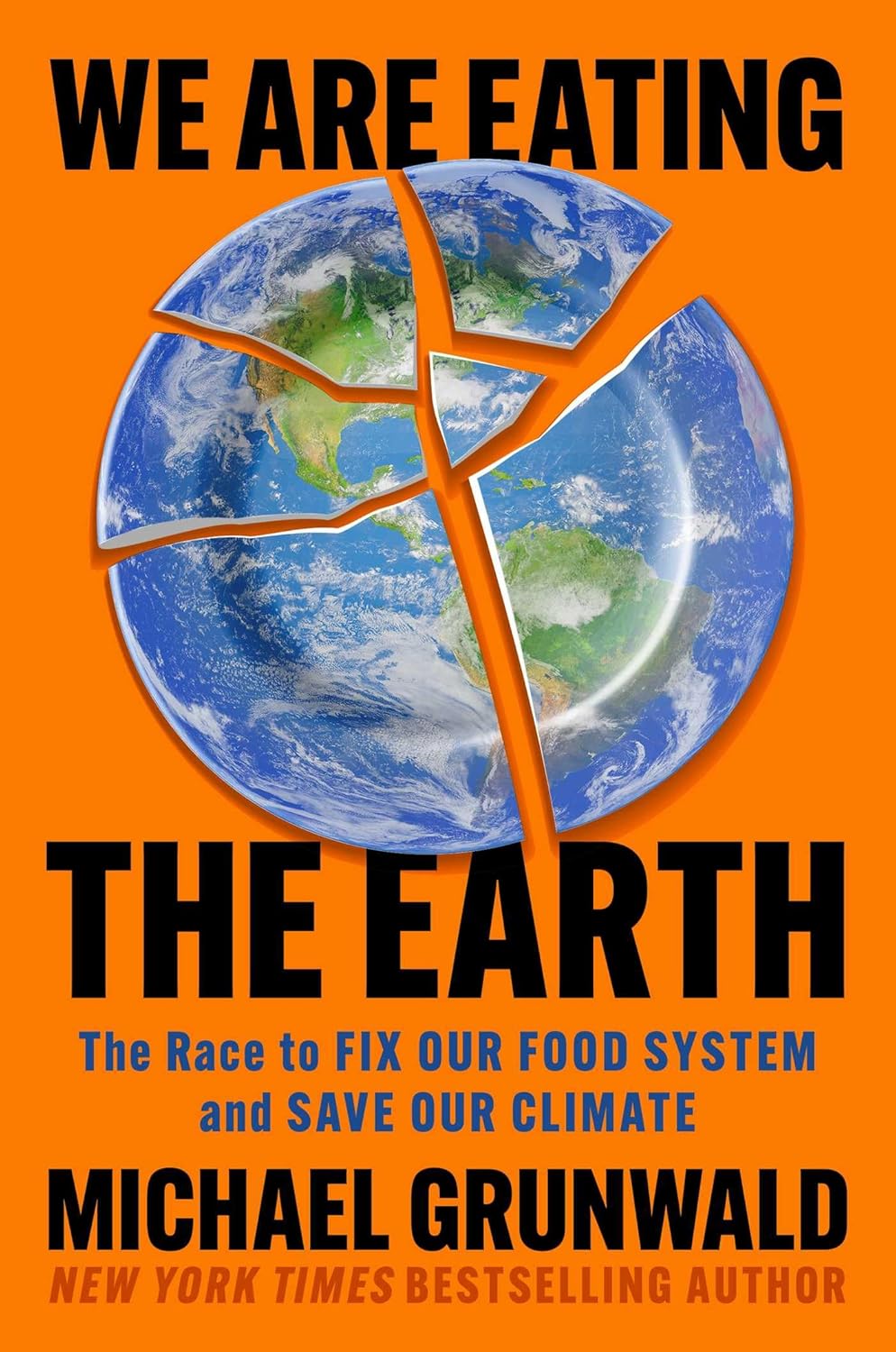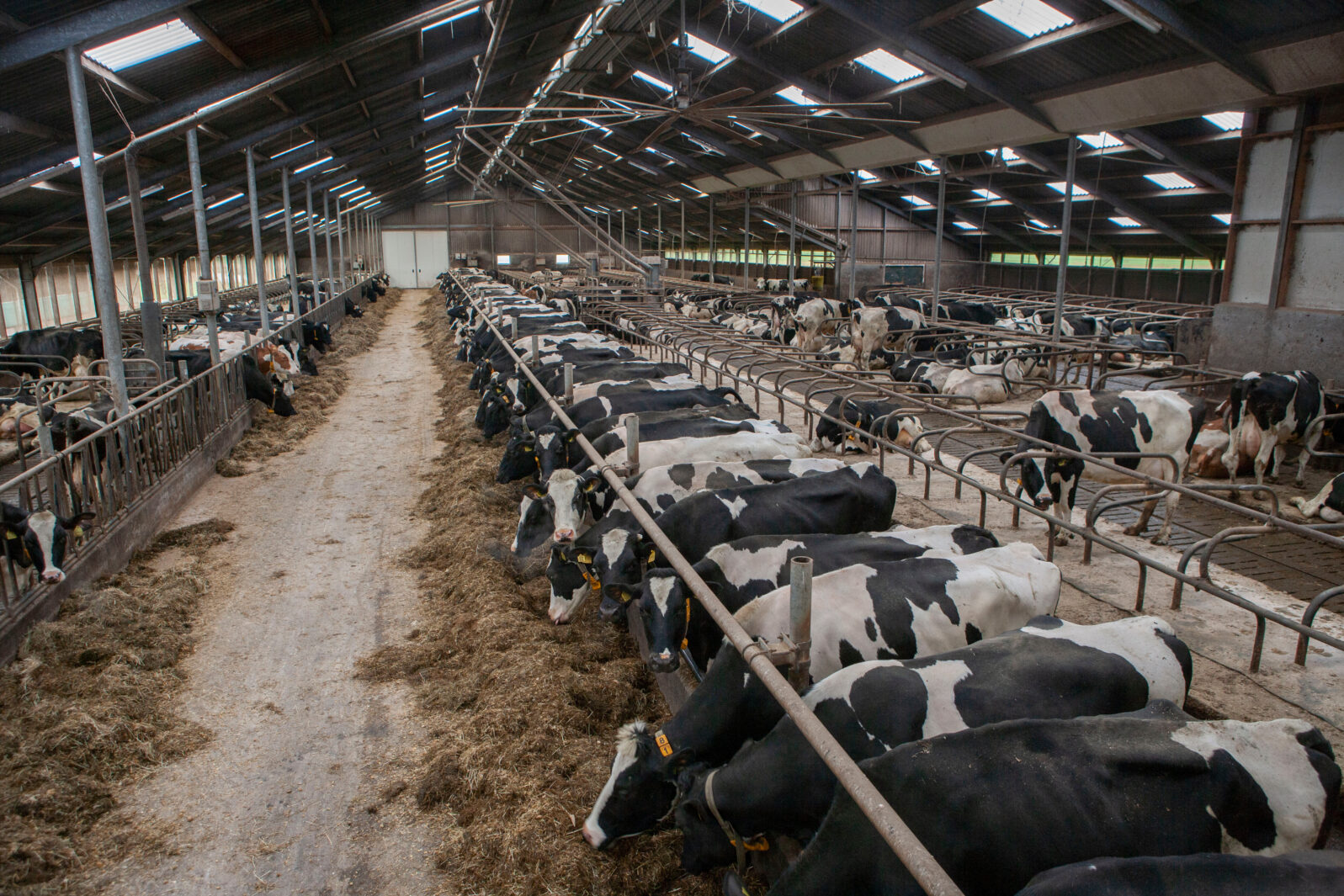NYT Column: Factory Farms Are Good for People and the Planet
Journalist Michael Grunwald points out that factory farming means fewer natural spaces are cleared for farmland than would otherwise be the caseThis article is reprinted from National Review with the permission of the author.
We hear a lot from environmentalists, animal rights activists, and just plain caring people about the supposed evils of industrial farming. Neo-Luddites throw tantrums about GMOs, for example. And many commenters — including in these pages — lament the conditions in which meat animals and egg-laying hens are raised.

Those are certainly legitimate concerns worthy of investigation and debate. But we also need to focus on the tremendous good humans receive from having bountiful, affordable, and nutritious food supplies, which would seem to require at least some industrial methods to achieve. Indeed, until now, these and other benefits humans receive from industrial agriculture and so-called factory farms seem to be one of those hot potato topics that we are not allowed to discuss.
That taboo was just broken in a front-page opinion column in the — of all places — New York Times by journalist and author Michael Grunwald. Grunwald offers two main theses: First, we need industrial methods of growing and raising food to prevent too much of the environment from being consumed by agriculture, both plant and animal. And, he notes, we need industrial methods to keep food affordable.
The piece is well worth your time. Here is a sampling.
[Food agriculture] has already overrun about two of every five acres of land on the planet, and farmers are on track to clear an additional dozen Californias worth of forest by 2050. That would be a disaster for nature and the climate, because the carbon dioxide released by converting wild landscapes into farms and pastures is already the most damaging source of agricultural emissions, worse than methane from cow burps or nitrous oxide from fertilizer.
That kind of lament is often said and written. But Grunwald’s defense of industrial means of food production isn’t:
Industrial agriculture in particular has one real upside: It produces enormous amounts of food on relatively modest amounts of land. And that will be agriculture’s most vital job in the coming decades. The world will need even more enormous amounts of food by 2050, about 50 percent more calories to adequately feed nearly 10 billion people. The inconvenient truth is that factory farms are the best hope for producing the food we will need without obliterating what’s left of our natural treasures and vaporizing their carbon into the atmosphere.
Somebody had to say it!
Grunwald notes that (despite many efforts by animal rights activists and anti-global warming elites), meat-eating is only going to increase in the coming years. And more farmland is going to have to be cleared for food plants. The approach by too many has been to resist the irresistible instead of embracing reform methods that would better protect the environment while feeding the multitudes:
That’s a formula for agriculture to devour even more of the earth. Old MacDonald-style farms where soil is nurtured with love and animals have names rather than numbers may sound environmentally friendly. But their artisanal grains and grass-fed beef are worse for nature than chemical-drenched corn and feedlot-fattened beef because they require much more land for each calorie they produce. In 2021, Sri Lanka’s president banned agricultural chemicals in an effort to force its farmers to go organic, vowing to end industrial farming and get in “sync with nature.” Then farm yields crashed, plunging the country into a food crisis and forcing it to import calories it used to grow itself.

Europe and the United States are flirting with back-to-nature agriculture, too, but that would ultimately just outsource more production, pollution and deforestation to the developing world. Big industrial agriculture has plenty of shortcomings, too, but most of them have less to do with “big” or “industrial” than “agriculture,” which has always made a mess.
Grunwald concludes:
The Green Revolution made big industrial agriculture possible, and its productivity saved billions of people from malnutrition and starvation. It did create environmental problems — soil erosion, air and water pollution from pesticides and herbicides, mountains of manure leaching off overcrowded feedlots. But even though its soybeans and cattle have often invaded forests and wetlands, its higher yields have spared billions of additional acres of the planet’s ecosystems from destruction, by making more food on existing farmland. The Green Revolution didn’t end deforestation, but few forests would still be standing without it.
At last, advocacy around food growth and production that thinks rather than just feels, and which elevates human benefit to the level of importance it deserves in the ethics of food production. Good for the New York Times for publishing it despite the grief I am sure the Gray Lady is receiving from its progressive readers.
Grunwald has a new book on this topic coming out entitled We Are Eating the Earth (Simon & Schuster, July 1, 2025) I hope it starts an important conversation.
